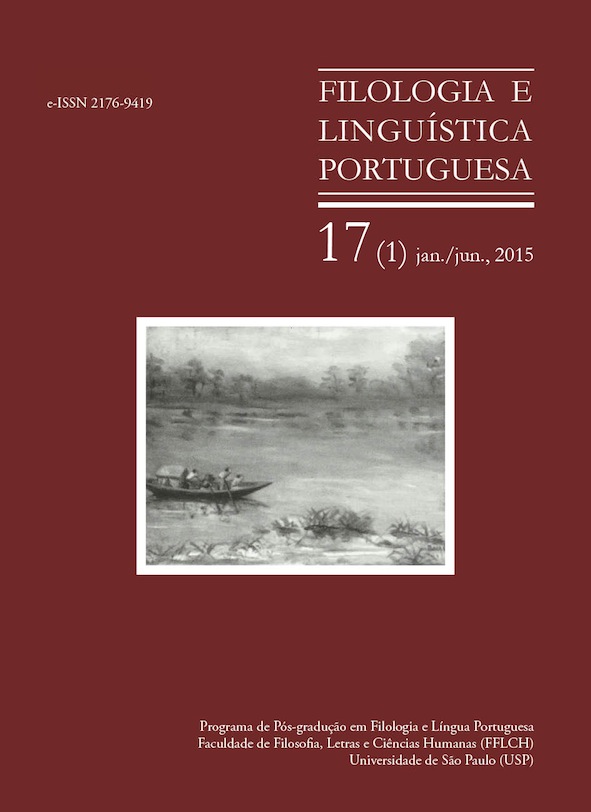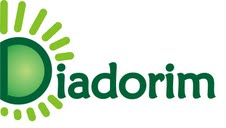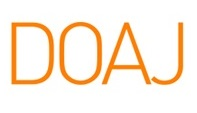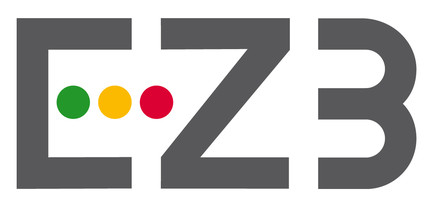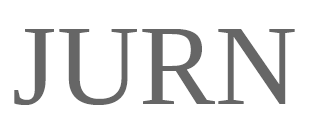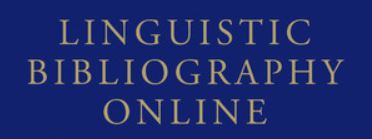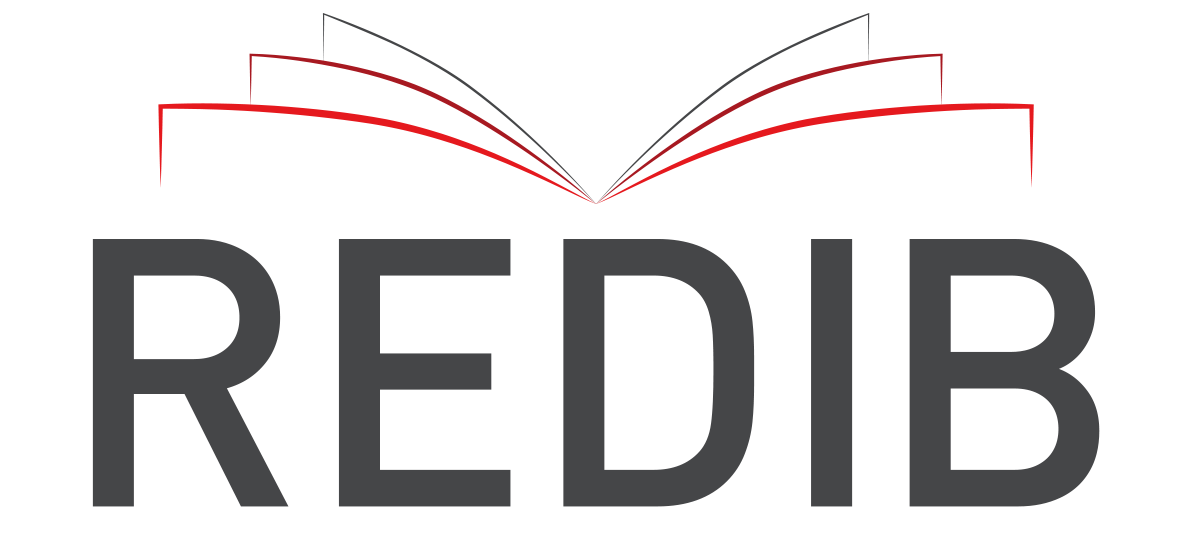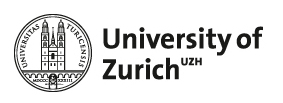Tratamento da Oralidade em Sala de Aula: contribuições para o ensino de língua
DOI:
https://doi.org/10.11606/issn.2176-9419.v17i1p75-99Palavras-chave:
Oralidade. Letramento. Ensino de língua maternaResumo
O capítulo está fundamentado na tese de que a oralidade deve ser objeto de atenção no ensino de língua materna. Há, no entanto, várias posturas em relação ao tratamento do tema. O trabalho discute, em diferentes níveis de profundidade, algumas das perspectivas de estudo mais produtivas, comentando trabalhos de pesquisa na área com o objetivo de sugerir a professores de ensino médio e fundamental atividades e metodologias para abordar a questão.
Downloads
Referências
Barros KSM. Quem Fala e Quando: Práticas de Alocação de Turnos em Sala de Aula. III Coloquio Latinoamericano de estudios del discurso Santiago, Chile; 1999a.
Barros KSM. Fragmentação e Densidade no Discurso Pedagógico. In Hora D, Christiano E (orgs.). Estudos Linguísticos: realidade brasileira. João Pessoa: Idéia Editora; 1999b. p. 245-256.
Barros KSM. O que há num Domínio Pedagógico? Revista Investigações. Lingüística e Teoria Literária. 2005;18(2):83-114.
Barros KSM. Práticas Discursivas em Sala de Aula: Relação entre tipo de perguntas e seleção de alunos. In: Lucena I (org.). Anais do IX Encontro Nacional de Interação em Linguagem Verbal e Não Verbal: linguagens e cultura – ENIL. João Pessoa: Editora da UFPB; 2010.
Barros KSM. Atribuição de Categorias em Interações Pedagógicas. In: Heine LMB, Nery M, Neiva N, Cristo A, Sales MC (orgs.). Sujeito e Discurso: diferentes perspectivas teóricas. Salvador: EDUFBA; 2015.
Beaugrande R. New foundations for a science of text and discourse: cognition, communication, and the freedom of access to knowledge and society. New Jersey: Ablex Publishing Corporation; 1997.
Biber D. Variation across speech and writing. Cambridge: CUP; 1988.
Billmyer K.. I really like your lifestyle: ESL Learners, Learning how to compliment. Penn Working Papers in Educational Linguistics. 1990;6(2):31-48.
Brown G, Yule G. Teaching the Spoken Language. Cambridge: CUP; 1983.
Brown G, Anderson A, Shillcock R, Yule G. Teaching talk. Cambridge: CUP; 1984.
Cazden CB. Classroom Discourse. Portsmouth: Heinemann; 1988.
Castilho AT. A língua falada no ensino de português. São Paulo: Contexto; 1998.
Chafe W. Integration and Involvement in Speaking. Writing and Oral Literature. In: Tannen D (ed.). Spoken and Written Language: Exploring Orality and Literacy. New Jersey: Norwood; 1982. p. 35-53.
Chafe W. Linguistic Differences Produced by Differences between Speaking and Writing. In: Olson DR, Torrane N, Hyldiard A (eds.). Literacy and language Learning. Cambridge: CUP; 1982. p. 105-123.
Contini Júnior J. A concepção do sistema alfabético por crianças em idade pré-escolar. In: Kato M (org.). A concepção da escrita pela criança. São Paulo: Pontes; 1987. p. 53-104.
Dolz J, Schneuwly B. O oral como texto: como construir um objeto de ensino. In: Schneuwly B, Dolz J (eds.). Gêneros orais e escritos na escola. Campinas: Mercado das Letras; 2004. p. 149-185.
Dolz J, Noverraz M, Schneuwly B. Sequências didáticas para o oral e a escrita: apresentação de um procedimento. Schneuwly B, Dolz, J (eds.), Gêneros orais e escritos na escola. Campinas: Mercado das Letras; 2004, p. 95-128.
Edmondson W, House J. Let's Talk and Talk About It. Munich: Urban and Schwarzenberg, 1981.
Franchi C. Linguagem: atividade constitutiva. Cadernos de Estudos Linguísticos. 1992;(22):9-39. Original na revista Almanaque 1977;(5):9-26.
Goodman KS, Goodman YM. Learning about Psycholinguistic. Processes by Analyzing Oral Reading. In: Wolf M, Mcquillan MK, Radwin E (eds.). Thought & Language / Language & Reading. Harvard Educational Review, Reprint Series. 1980;(14): 253-269.
Goody J. Domestication of the Savage Mind. Cambridge: CUP; 1977.
Heath SB. Protean Shapes in Literacy Events. In: Tannen D (ed.). Spoken and Writtren language: Exploring Orality and Literacy. New Jersey, Norwood; 1982.
Heath SB. Ways with Words. Cambridge: CUP; 1983.
Hinata N. Interculturalidade. As dificuldades dos brasileiros e dos japoneses em se cumprimentarem – uma análise do ponto de vista da comunicação não verbal. Congresso de Romanística na Universität Mainz. Mogúncia, Alemanha; 2001.
Kato M. No mundo da escrita. São Paulo: Ática; 1987.
Labov W. Sociolinguistics patterns. Philadelphia: University of Pennsylvania Press; 1972a.
Labov W. Language in the inner city. Philadelphia: University of Pennsylvania Press; 1972b.
Laosa LM. Inequality in the Classroom: Observational Research on Teacher-Student Interaction. Aztlan. 1979;8:51-67.
Schinke-Llano L. Foreigner Talk in Content Classrooms. In: Selinger HW, Long MH (eds.). Classroom Oriented Research in Second Language Acquisition. New Jersey: Lawrence Erlbaum Associates; 1983. p. 99-116.
Marcuschi LA. A língua falada e o ensino de português. 6º Congresso de Língua Portuguesa; PUC-SP. São Paulo, Brasil; 1996.
Marcuschi LA. A Língua Falada e o Ensino de Português. In: Bastos NB (org.). Língua Portuguesa. História, Perspectiva, Ensino. São Paulo: EDUC -PUC/SP; 1998. p. 101-119.
Marcuschi LA. O tratamento da oralidade nos PCN de língua portuguesa de 5ª. a 8ª séries. Revista Scripta. 1999;2(4):114-129.
Marcuschi LA. A oralidade no contexto dos usos linguísticos: caracterizando a fala. In Marcuschi LA, Dionísio AP (orgs.). Fala e Escrita. Belo Horizonte: Autêntica; 2005. p. 57-84.
Marcuschi LA. Letramento e oralidade no contexto das práticas sociais e eventos comunicativos. II Congresso Internacional da Abralin. Fortaleza, Brasil; 2001.
Marcuschi LA. Compreensão textual como trabalho criativo. In Ceccantini JLCT, Pereira, RFP, Jr Zanchetta J (orgs.). Pedagogia Cidadã: Cadernos de Formação – Língua Portuguesa. São Paulo: UNESP; 2004. p. 31-52.
Milanez W. Pedagogia do oral. Condições e perspectivas para sua aplicação no português. São Paulo: Sama; 1993.
Milroy J, Milroy L. Authority in Language. Investigating Language Prescription and Standardisation. London: Routledge; 1991.
Olson D. From Utterance to Text: The Bias of Language in Speech and Writing. Harvard Educational review. 1977;47:254-279.
Olshtain E, Cohen AD. The learning of complex speech act behaviors. TESL Canada Journal. 1990;7:45-65.
Ong W. Literacy and orality: the technologizing of the Word. New York: Methuen; 1982.
Street B. Literacy in Theory and Practice. Cambridge: CUP; 1984.
Street B. Introduction: the New Literacy Studies. In: Street B (ed.). Cross-Cultural Approaches to Literacy. Cambridge: CUP; 1993. p. 1-21.
Street B. Social Literacies. Critical Approaches to Literacy in Development, Ethnography and Education. London: Longman; 1995.
Tannen D. Spoken and Written Language: Exploring Orality and Literacy. New Jersey: Norwood; 1982.
Tateyama Y, Kasper G, Mui L, Tay HM, Thananart O. Explicit and implicit teaching of pragmatic routines. In: Bouton LF (ed.). Pragmatics and language learning. Vol. 5. Urbana: Illinois University; 1997. p. 163-177.
Trudgill P. Accent, Dialect and the School. London: Edward Arnold; 1975.
Trudgill P. Thirty eight years on Accent, Dialect and School. Conferência na Bristol – Langauge, Identity and Region in Past and Present. University de Bristol, março de 2013.
Downloads
Publicado
Edição
Seção
Licença
Os direitos autorais serão cedidos à revista para publicação on-line, com livre acesso e impressa para arquivo em papel. Serão preservados, porém, para autores que queiram republicar os seus trabalhos em coletâneas.


